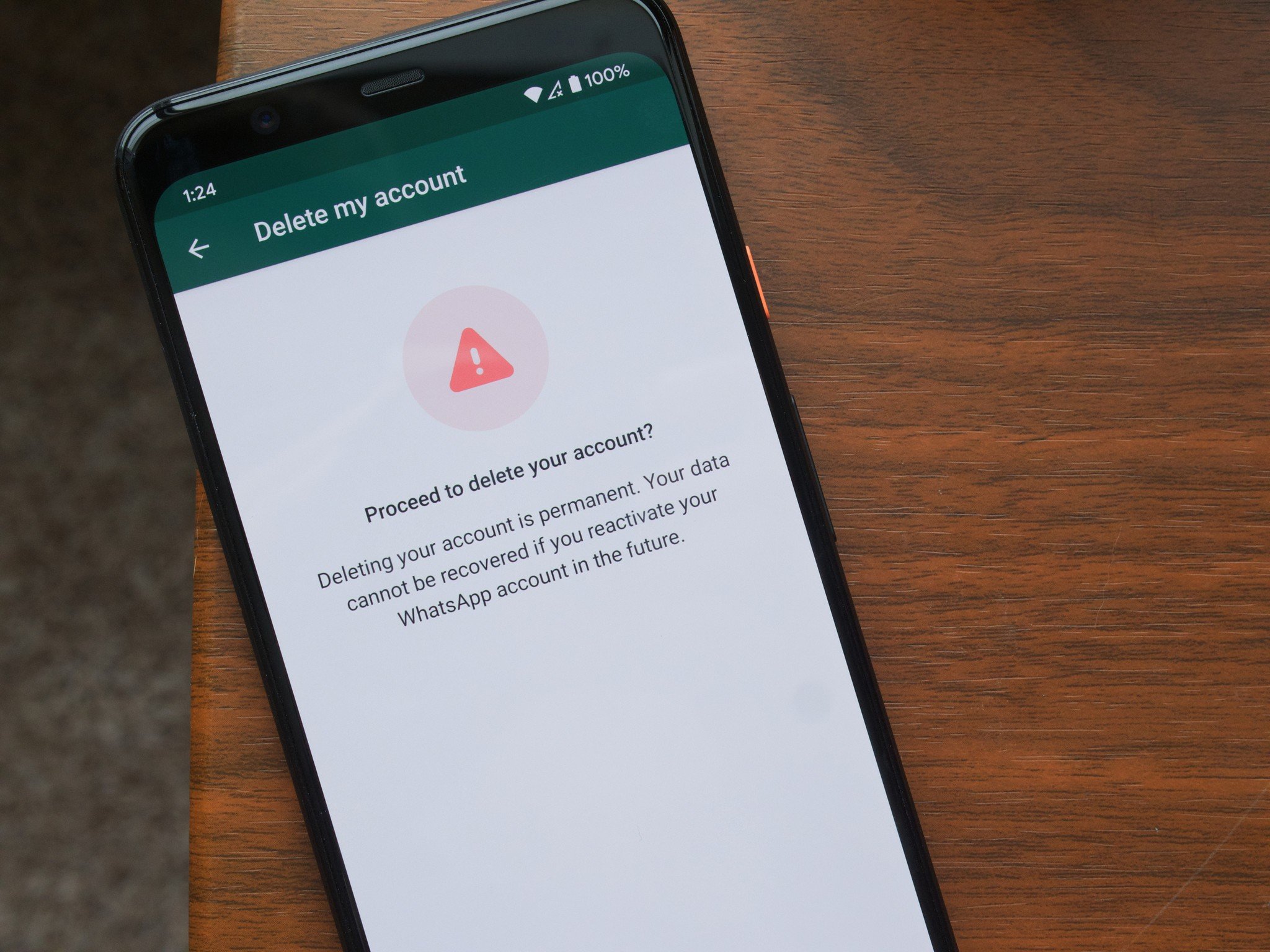No longer want to use WhatsApp? Deleting your account is easy.
There are all sorts of reasons you may want to delete your WhatsApp account. Maybe you decided it falls short compared to Telegram or Signal, or you're leery of how WhatsApp shares your data with Facebook. More likely, you were hit by the recent six-hour Facebook outage — the second such outage this year — and decided enough is enough.
Whatever your reasons, deleting your WhatsApp account is a decision that should not be made lightly, as doing so will permanently erase all of your data. Even if you choose to reactivate your account in the future, your deleted data will still be gone and unable to be recovered.
So before you decide, choose which app will replace it. That way, you can save your chat history to the replacement app before you delete WhatsApp, making the transition less final. For example, we have guides on how to transfer your WhatsApp messages to Telegram or transfer them to Signal.
With that out of the way, if you still want to know how to delete your WhatsApp account, we'll show you how in just a few simple steps.
How to delete your WhatsApp account
- Open WhatsApp on your phone.
- Tap the three dots in the upper-right corner.
- Tap Settings.
-
Tap Account.
- Tap Delete my account.
- Enter your phone number.
-
Tap Delete my account.
- Indicate your reason for wanting to delete your account.
- Tap Delete my account.
-
For the final time, tap Delete my account.
While deleting your account is easy enough, WhatsApp makes you reconfirm your decision quite a few times throughout the various pages. While it might seem annoying at first, it's good that the company does this to stress the importance of what you're doing.
Once you tap the "Delete my account" button on that final page, your account and all data relating to it are gone for good. If you ever want to jump back aboard the WhatsApp train, you'll need to create a new account from scratch.
In other words, be very, very sure that this is something you want to do. Consider an alternative from among the best Android messaging apps before you jump ship, and let your contacts know where you can be found.
Source: androidcentral









